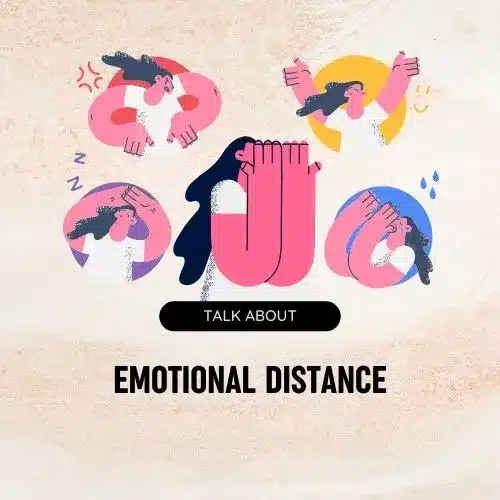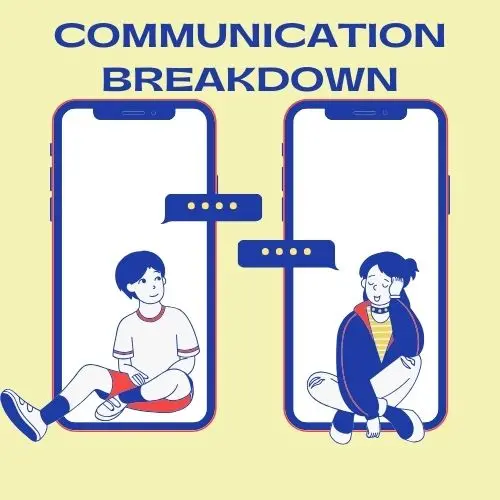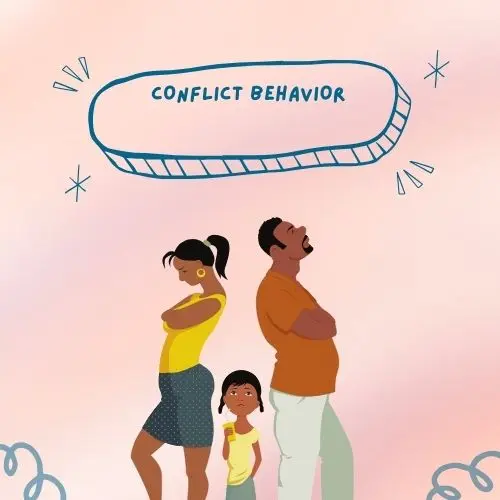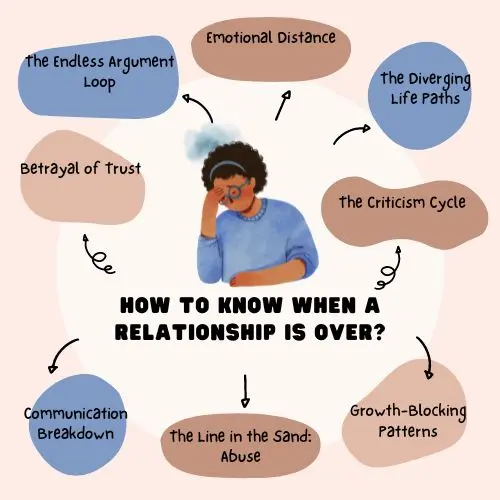When Your Relationship Has Reached the Point of No Return
Relationships are meant to provide joy, companionship, and mutual growth. But sometimes, even with the best intentions, a relationship can become strained beyond repair. Deciding when to quit finally is one of the most difficult decisions anyone can make. This in-depth guide draws from counselor insights and real-life examples to help you navigate the painful signs that your relationship may have run its course.
| Statistic | Source |
|---|---|
| Around 40-50% of marriages in the U.S. end in divorce | Data from marriage counselors |
| Lack of commitment is a top 3 reason for divorce, after infidelity and constant fighting. | Survey of Divorced Couples |
| Roughly 1 in 5 married people report being in a dead-end relationship | Relationship study published in journal |
| On average, couples experience issues for 6 years before divorcing | Analysis of divorce timelines |
| About 3 in 4 divorces involve verbal/emotional abuse by one spouse | Domestic violence organization statistics |
The Endless Argument Loop
All couples disagree sometimes, which is normal. However, constantly fighting about unresolved issues is unhealthy. You might find yourselves repeating the same arguments without resolution. This creates a cycle of negativity that builds resentment and damages intimacy. As Sarah Jackson, a marriage counselor, states, “Unresolved conflicts act like cancers, slowly destroying the relationship from within.”
Emotional Distance

Closeness in relationships changes with time. However, feeling emotionally connected is crucial – understanding each other deeply. If emotional intimacy disappears, distance replaces it, suffocating the relationship. You may continue the same routines, but openness, vulnerability, and companionship fade away. Physical intimacy naturally comes and goes, but maintaining an emotional bond fuels a relationship.
The Diverging Life Paths
When relationships begin, partners typically share similar core values, life goals, and future visions. However, priorities can drastically diverge over time. For instance, one person may desire children while the other remains firmly childfree. Or, spiritual/religious differences once deemed minor could widen into vast chasms. The inability to align on life’s most fundamental priorities and values creates philosophical loneliness, bridging which proves challenging.
Betrayal of Trust

Healthy intimate relationships rely on trust. Infidelity, whether sexual or emotional, rapidly destroys trust. An affair violates promises of loyalty and dedication. Even if couples attempt reconciliation after unfaithfulness, regained trust remains delicate. The phrase “once a cheater, always a cheater” oversimplifies, but highlights immense difficulties restoring trust post-betrayal.
The Criticism Cycle
One partner joking around isn’t bad. However, persistent insults and criticism inflicts harm. If put-downs continue, self-esteem suffers. Words wound deeply. Constant belittling creates mental/emotional abuse over time. Like an unrung bell, hurtful comments leave scars. A steady stream of negativity damages irreparably.
Communication Breakdown

Open sharing of thoughts and feelings is the basis of communication for couples. When one or both partners become poor communicators – unwilling to share, avoiding conversations, or failing to listen properly – the relationship suffers. Resentment builds as signals are missed and misunderstandings occur. A breakdown in communication shows the relationship is struggling to survive.
The Line in the Sand: Abuse
Every problem had nuances except for violence, that was a hard line. Physical harm or threats meant leaving immediately, no debate. No one ever stays in abuse, not once. A partner hurting with words, threats, or controlling ways wrecked the foundation, ruining love and respect.
Growth-Blocking Patterns
Relationships help people grow and journey through life. But some stop you from dreaming, being confident, and reaching your potential. You may need to rethink how this bond serves you if it prevents you from pursuing dreams, taking healthy risks, developing confidence, or reaching your full potential.
The Spark Has Faded…Both Ways
The romantic intensity in physical connection between couples ebbs and flows over time. It’s expected. What is not okay is feeling a permanent loss of affection, intimacy, or appreciation for your partner. Crucially, the distance has to be a lack of care and warmth from both people—not just one person withdrawing.
Conflict Behavior

How couples argue matters as much as what they argue about. Healthy arguing means taking breaks when angry, no name-calling or low blows, and a willingness to compromise. But behaviors like stonewalling, harsh putdowns, gaslighting, violent outbursts, or inflexibility create endless conflict cycles with no resolution.
The Self-Reflection
Only you can truly decide if the issues have become too high and festered for too long to repair the damage. But look honestly: Have you and your partner genuinely tried counseling, open talks, and committing to change? Or have you both accepted an unsalvageable situation? You must introduce new patterns or accept things as they are.
The Closure
If you’ve carefully reflected and decide to move on, have the difficult talk as compassionately yet firmly as possible. Own your part in the relationship’s demise, avoid lingering bitterness, and if possible, cherish the good times and lessons the bond provided for a while. With care and wisdom, endings can lead to more fulfillment for all.
Relationships are complex. They have many thoughts, emotions, and life situations. Only you can decide when too many things are broken beyond fixing. There is no one rule for everyone. But, this guide can show signs of a dead relationship or rough time. By knowing yourself and caring, you can clearly make one of life’s hardest choices.

